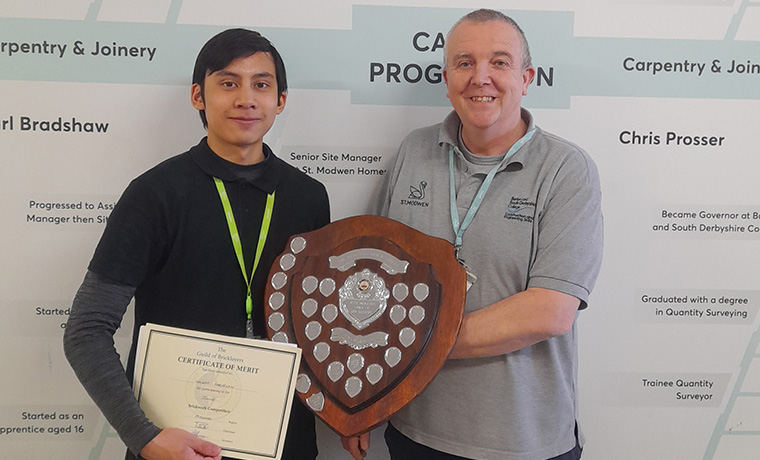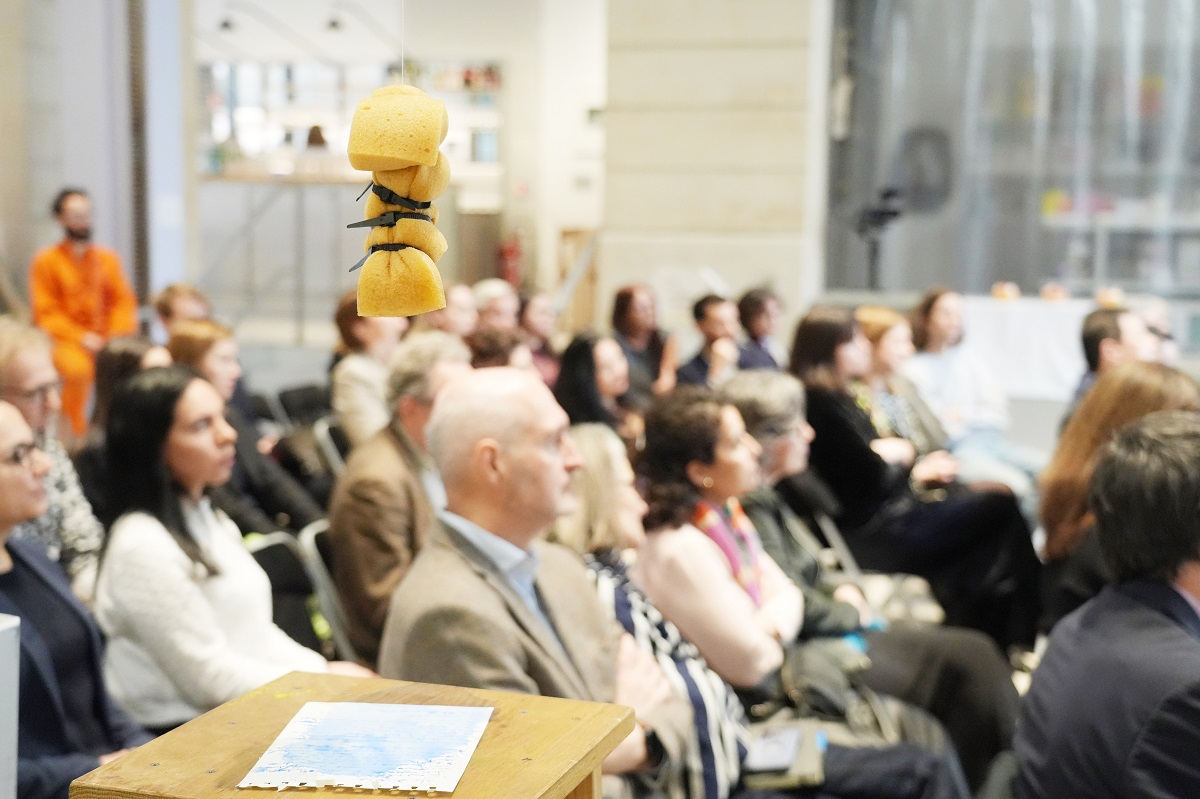How do Admissions Professionals use the UCAS personal statement? Sector Response

A survey of 113 higher education admissions professionals from over 30 higher education providers shows the average time spent reading a UCAS personal statement is two minutes. Less than Four-in-ten (39%) are reading for one minute or less.
The results are included in a new report from the Higher Education Policy Institute.
In How do Admissions Professionals use the UCAS personal statement? (HEPI Policy Note 48), Tom Fryer and Professor Steven Jones from the University of Manchester show that, when personal statements are read, they are mainly used to assess applicants’ interest in a course (88%). Other uses include: gaining contextual information (65%), assessing academic potential (40%) and assessing work experience (29%).
The majority of admissions professionals say decisions about which applicants should be offered a place are primarily made on the basis of grades.
Only 51% of respondents agree that the UCAS personal statement impacts significantly on admissions decisions.
There is considerable variation between different disciplines. The UCAS personal statement is more likely to be considered important for admissions decisions in vocational or highly selective courses.
The results have implications for UCAS’s proposal to reform the personal statement to a series of short questions covering six themes (motivation; preparedness for course; preparedness through other experiences; extenuating circumstances; preparedness for study; and learning styles).
The survey provides little evidence that ‘preparedness for study’ and ‘preferred learning styles’ are relevant to admissions decisions. There is also little evidence to support the division of ‘preparedness for the course’ and ‘preparedness through other experiences’ into two separate questions – only 6% of personal statements for non-vocational subjects were used to assess applicants’ transferable skills.
The Policy Note proposes two short questions focussing on:
- ‘Motivation and academic potential’ (such as ‘Please describe one topic that is related to your course(s) and discuss what you have learnt about this topic’); and
- ‘Other activities and experiences’ (such as ‘Please describe one other activity or experience and discuss what you have gained and how this is relevant to your course(s)’).
Tom Fryer, the lead author of the report, said:
‘The fact that four-in-ten UCAS personal statements are read for one minute or less underlines the importance of reform in this area.
‘The UCAS personal statement is a stressful, ambiguous and lengthy process for many applicants, and this simply cannot be justified if the majority of statements are skimmed quickly by admissions staff.’
Professor Steven Jones, the co-author of the report, said:
‘We have long known that the UCAS personal statement provides an opportunity for some applicants to gain an advantage over their less privileged peers.
‘While UCAS’s reform is welcome, this survey highlights that the proposals should focus on a limited number of short-response questions, to avoid imposing an unnecessary burden on applicants.’
The Director of HEPI, Nick Hillman, said:
‘As this year’s exam round comes to an end, it is the right moment to look in detail at how university admissions staff make decisions.
‘One of the most poorly understood features of the higher education application process is the UCAS personal statement. This report shows personal statements are sometimes not read at all and, when they are, they are typically digested very quickly. Moreover, they are used more for some courses than others.
‘Shining a spotlight on the use of personal statements was always going to be useful to applicants and those who advise them, but doing it now helps inform the important reforms that UCAS are currently planning.’
Sector Response
Geoff Barton, General Secretary of the Association of School and College Leaders, said:
“We know that personal statements in their current form are flawed. They favour advantaged students who are able to compile a wider array of extra-curricular activities and draw on help from family members who are more likely to have gone to university and have experience with submitting personal statements themselves.
“But it is important that there remains something beyond exam grades that gives students an opportunity to demonstrate their aptitude and interest in a course. Breaking down the personal statement into specific questions, as UCAS has committed to doing, feels like a step in the right direction. Careful consideration must be given to the number and type of questions to ensure they are fair to all students. It’s also important that these questions are of more use and interest to admissions tutors than current personal statements, which this survey suggests are often barely read.”












Responses